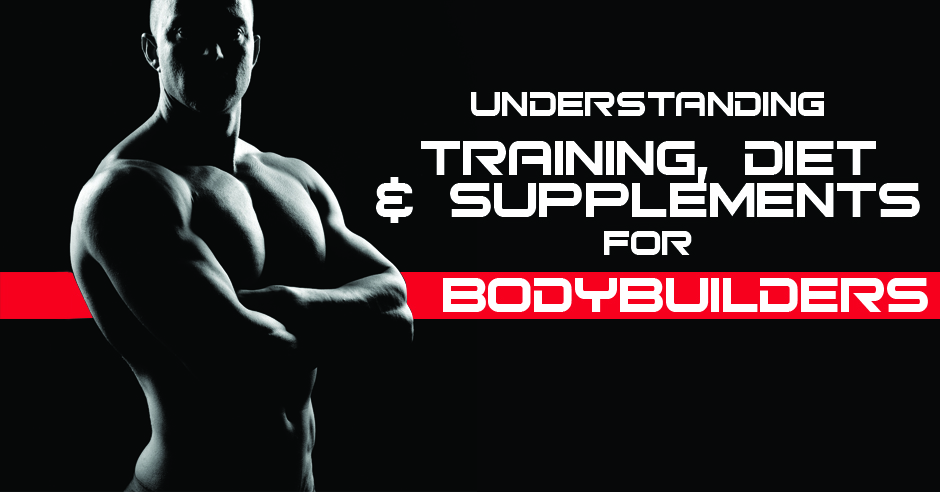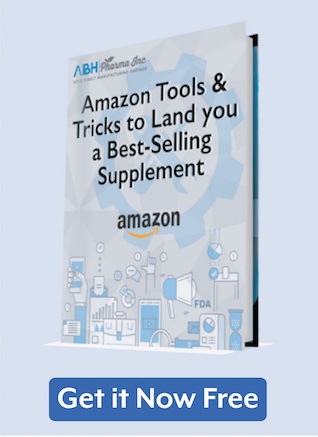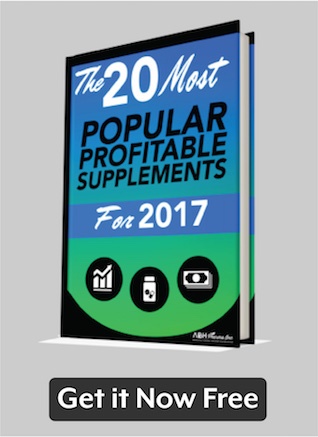Bodybuilding champions are the embodiment of physical accomplishment. They merge heavy weight lifting with calorie-burning cardiovascular and aerobic training to create the leanest, most muscular physiques on the planet.
Since Arnold Schwarzenegger brought the muscle sport into the mainstream during the 1970s, our ideas about fitness have drastically changed. Looking strong and fit was no longer the standard. The 7-time Mr. Olympia set the mark with a large, and most importantly “ripped” muscularity that could only be achieved through rigorous exercise and low calorie dieting.
When a competitive bodybuilder walks on stage, his body fat can be as low as 2 percent. It seems an almost impossible feat to carry that much super-lean muscle mass. What many of these athletes do to arrive at the lowest possible body fat number on competition day is to integrate a three-phase training, diet and supplement regimen. If you’re in the sports nutrition brand or Nutraceutical contract manufacturing industry, it’s important to understand the needs of people in this popular sport.
Phase 1
In the off season, bodybuilders take different approaches to body weight. Some like to stay within 10-15 pounds of competition weight all year. Others will bulk up, lift heavy and tack on as much as 70 pounds of not-so-lean weight. However, most train steadily all year and do some cardio. An average of 20 pounds over competition weight is pretty standard for these iron men.
- Training: At 12 weeks out, weight training starts to pick up in terms of pace and reps. No one wants to drop mass, so it’s common to level off at poundages that athletes can get eight reps per set. That increases the fat burn and will help to continue adding mass. They’ll start light daily cardio training at a reasonable pace.
- Diet: It’s time to get into a diet routine that balances protein, cards and fats. Most bodybuilders follow the 50 percent of their calories from protein rule. Then, 40 percent come from carbs and 10 percent from fat. In the first month of competitive training, athletes will be at about 2,500 calories and need to take in one gram of protein for every pound of body weight. Balancing those dietary needs won’t be terrible difficult. Most space out six small meals daily. Lean chicken breast, potatoes and fruits are on the table. But a few things will go, like red meat, cereal, milk and other food sources that provide important nutrients.
- Supplements: As a sports nutrition provider, these athletes will have increasing vitamin and supplements needs as they move closer to competition. But from the get go, they should be taking: 1) Multivitamins to replace the loss of nutrition from reduced food intake. 2) Protein shakes and products to maintain a consistent protein-to-bodyweight ratio. 3) Glutamine and other essential amino acids to help build and maintain muscle tissue.
If you’re involved in high quality Nutraceutical contract manufacturing, consider these specific needs for customers in early bodybuilding cycles.
Phase 2
At about eight weeks out, a bodybuilder should have shed 10 pounds, or be about 10 pounds away from competition weight. It starts coming off fast during the next four weeks.
- Training: Reps are going to start going up. Athletes stick with poundages they can push 8-12 reps per set. Cardio training should increase about 50 percent. If they were running two miles, it bumps up to three. Swimming is one of the best things athletes do for overall fat burning and it’s put far less pounding on the knees.
- Diet: Here’s where things start to get tough. Calorie intakes should drop to about 2,000 per day. Keep in mind that these athletes still need to hit those protein and carb marks. No protein, no muscle. No carbs, no energy. Generally, some of the designated fat calories go. Between the calorie reduction, higher reps and increased cardio activity, bodybuilders are in a world of hurt. They are starving at times, feel undernourished and probably can’t survive a workout without three cups of coffee.
- Supplements: This is a great time to connect with bodybuilders. There’s no shame in suggesting some supplements for bodybuilders. Recommend those that help suppress the appetite, increase energy and fit in with dietary restraints. They’ll also need to stock up on bottled water. Tap water is a big no-no because of additives. With the calorie reduction, athletes often cut out any juice and most fruits. All of those nutrients will need to be replaced with vitamins.
The largest immediate supplement needs will be Vitamins B, C, D, E. These help the body to continue building muscle and stay healthy even though they are going through a negative calorie burn. It’s a good idea to have these vitamins in stock as separate items, above multivitamins.
Protein supplements are also a bodybuilder’s saving grace. Each gram of protein has about four calories. For a 200-pound athlete, that’s a minimum of 800 calories from protein daily. Bodybuilders may be looking to buy protein supplements in bulk that have the fewest additives, are low in sodium and low in calories. If they haven’t already, bodybuilders should be including Creatine into their supplement regimen to increase that burst of muscle energy they require for rigorous training. Check out products from Nutraceutical contract manufacturing. They have an excellent about best practices reputation.
Other examples of bodybuilding supplements include:
- Supplements for muscle growth
- Supplements for muscle recovery
- Supplements for cramps and pain
- Bodybuilding Insulin
Phase 3
With four weeks left until competition, athletes should be within five pounds of stage weight. Often, they discover they’re really 8-10 pounds away. The water weight will start peeling off in these last few weeks.
- Training: There isn’t a weight in the gym they’ll lift that they can’t get eight reps minimum out of. Most avoid supersets because they exhaust energy reserves quickly. Cardio training should be double that of Phase 1. Keep in mind, there is very little chance these athletes can add any muscle at this point. The goal is purely to shed the remaining fat and water weight. Successful athletes often put the screaming in pain, lifting heavy weights attitude in their rearview. The focus is on strong exercise, getting ripped and emerging with a defined physique. Tearing down muscle will just overly deplete nutritional resources and leave the body flat.
- Diet: It’s likely they’ll need to reduce another 300 calories to get under 5 percent body fat. There are important shifts that happen in terms of where to get carbs and protein. For carbs, oatmeal and brown rice beat fruits. Eggs harbor too much sodium, so it’s mainly chicken breast. Athletes also start monitoring their sodium intake. Sodium can create water retention and that will make them appear bloated, even though they are truly not. Again, this will reduce the necessary nutrition the body requires.
- Supplements: One of the biggest needs these athletes will have during this last four weeks is Potassium. The body often uses sodium when its potassium levels are depleted. Obviously, bodybuilders are purposely lowering their sodium intake to shed water. Potassium supplements are a key product to offer because it won’t be abundant in their low-calorie diet. One trick some bodybuilders use before posing on stage is to take niacin. It can make blood vessels dilate and flush the skin. If you’re a supplier, recommend they try it a few times before the big day. It can also make people feel uncomfortable at first.
Successful bodybuilding training requires a steady, methodical approach to exercise, diet and nutrition. This three-phase approach should provide sports nutrition brand owners a look into what vitamins and supplements to offer competitive bodybuilders at each level of training, based on their athletic and dietary needs. May the pump be with you.







